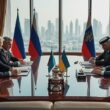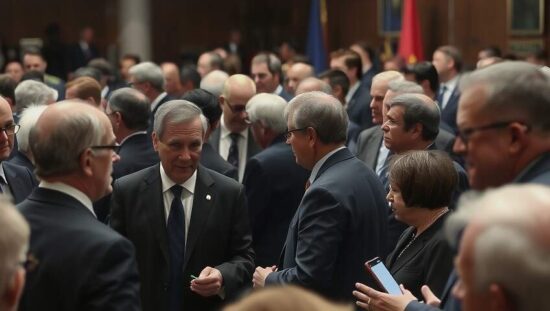Estonian Prime Minister Kaja Kallas has advocated for the confiscation of assets frozen within the European Union belonging to Russia, alongside the implementation of tariffs on Russian goods. In an interview with “Welt am Sonntag” Kallas stated that Moscow should bear the financial burden for damages incurred in Ukraine, rather than European taxpayers.
The call for action follows the EU’s 2022 decision to freeze approximately €210 billion in assets held by the Russian Central Bank, a significant portion of which is held by the Belgian securities clearing house Euroclear. Currently, the interest generated from these frozen assets is being transferred to Ukraine. While some European governments are keen to release the full sum to Kyiv, others, including Germany, express concerns that doing so would violate international law and undermine confidence in Europe’s financial markets.
The debate underscores a divergence of opinion within the EU regarding the utilization of frozen Russian assets. While interest payments provide a current source of funding for Ukraine, the possibility of confiscation remains a contentious issue.
European Council President António Costa has also voiced his opposition to seizing the assets, highlighting the need to respect international law and maintain investor confidence in the European market. He emphasized ongoing assessments focused on maximizing gains from the frozen assets while also ensuring their preservation for potential use in rebuilding Ukraine following a peace agreement. The conversation centers on finding a balance between providing support to Ukraine and safeguarding the integrity of the European financial system.





